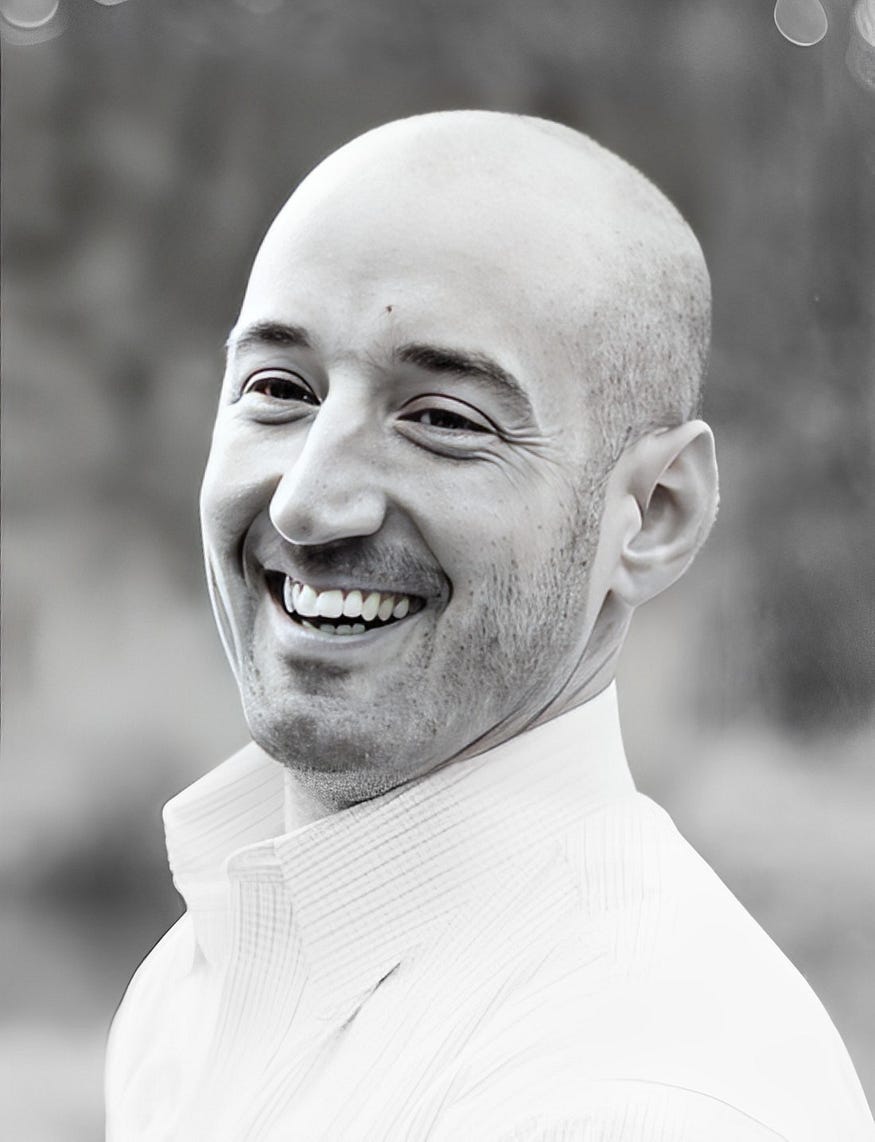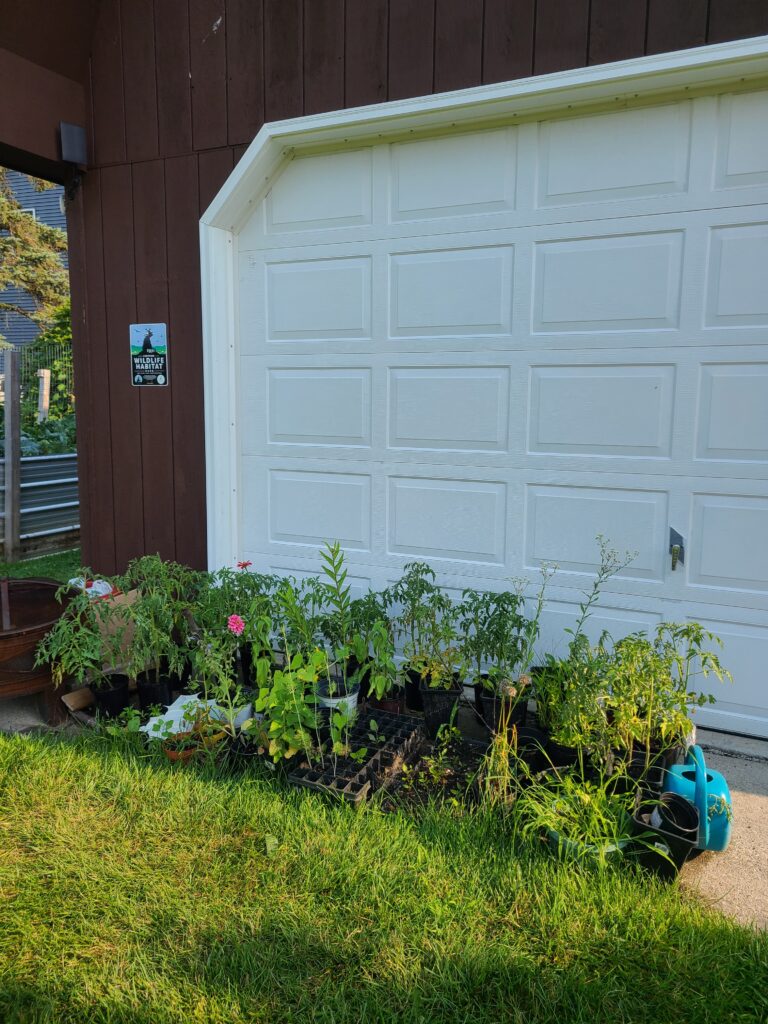An Interview With Martita Mestey
recreated here via: https://medium.com/authority-magazine/food-deserts-joseph-skibbie-of-beats-beds-browns-on-how-how-they-are-helping-to-address-the-85fea7c1d73

Ensure clean water resources are openly available to everyone, in every community.
Inmany parts of the United States, there is a crisis caused by people having limited access to healthy & affordable food options. This in turn is creating a host of health and social problems. What exactly is a food desert? What causes a food desert? What are the secondary and tertiary problems that are created by a food desert? How can this problem be solved? Who are the leaders helping to address this crisis?
In this interview series, called “Food Deserts: How We Are Helping To Address The Problem of People Having Limited Access to Healthy & Affordable Food Options” we are talking to business leaders and non-profit leaders who can share the initiatives they are leading to address and solve the problem of food deserts.
As a part of this series, we had the pleasure of interviewing Joseph Skibbie.
Digital Marketing Agency owner by day and saving the world one plant at a time in his free time, Founder of Beats, Beds & Browns Joseph Skibbie earned his MBA at The University of Dallas and intends to use his experience and passion to spread the word on the importance of gardening, supporting local musicians, and local distilleries. Read more to find out how all these seemiingly very different hobbies interact and help our world and species persevere.
Thank you so much for doing this with us! Before we dig in, our readers would like to get to know you a bit more. Can you tell us a bit about your “backstory”? What led you to this particular career path?
Myfull-time profession is managing a digital marketing agency where I spend hours crouched over my computer, solving issues ranging from the technical to the creative. Gardening is something that gives me a sense of calm before, after, and during the most stressful of days. I’ve been interested in gardening for quite some time, as my home garden has increased from 24sq ft to well over 300, I have gotten increased joy in learning as every year presents new, unique challenges. The joy I receive from gardening is something I want to share with others. As I learn more about the necessity of growing your own, local food, I got the idea to start a podcast/brand around emerging hiphop artists, gardening, and brown spirits.
Can you share the most interesting story that happened to you since you began your career?
From inception, we’ve wondered if the three unique interests would find an overlap. We weren’t sure our initial outreach efforts would be warmly received from the artists, distillers and garden interests. The most interesting part of all of this is that we’ve been making it up as we go and are finding it easy to locate people it makes sense to interview and discuss issues of food scarcity and insecurity, growing your own local food, enjoying a spirit, and an appreciation for awesome music.
Are you able to identify a “tipping point” in your career when you started to see success? Did you start doing anything different? Are there takeaways or lessons that others can learn from that?
Halfway through our first year, right around garden season, we were sharing our story on different gardening pages, advocating for people interested to sign up for a free seed kit. In the next three months, we were able to locate people from across the country to register for the free seed kit. Our goal is to communicate regularly with those folks and anyone else who registers about upcoming interview release dates, live performances, garden tips and tricks and eventually reviews and tours of distilleries from throughout the Region.
None of us are able to achieve success without some help along the way. Is there a particular person to whom you are grateful who helped get you to where you are? Can you share a story about that?
As always, it is numerous people along the way, not just one individual. From the support of my wife, Ruben @babyhorchata, Rockland Page @rockablock, The first individual to buy a tshirt, my brother Thom, the list goes on and on, but we can’t forget the artists, ag interests and distillers who said yes to our first year of interviews, without which we would not have a show.
You are a successful leader. Which three character traits do you think were most instrumental to your success? Can you please share a story or example for each?
Perserverance — once you decide on a path, there’s really no acceptable excuse for not finishing. Perserverance will help you overcome the negative thoughts, negative comments, and negative experiences that are all part of the journey.
Curiosity — natural curiosity, a quest for continued learning. There is something to be said for always asking questions and learning more. More perspectives, more insights, more angles to approach issues. Knowledge is King!
Getting the Big Picture — The day to day steps necessary to succeed require an understanding of what it’s all for. Without the big picture idea and end point, how will you know you’re making progress.
Can you please give us your favorite “Life Lesson Quote”? Can you share how that was relevant to you in your life?
Of all the eloquent, well spoken and literary options, my ‘cant fail’ advice to anyone trying to make it through life successfully, for me, it all boils down to, ‘Fall down 7 times, Stand up 8 times.’ Never stop believing in yourself and moving towards the next step. Perserverance more than luck or any other factor is the difference between success and failure.
Ok super. Let’s now shift to the main part of our discussion about Food Deserts. I know this is intuitive to you, but it will be helpful to expressly articulate this for our readers. Can you please tell us what exactly a food desert is? Does it mean there are places in the US where you can’t buy food?
A food desert, much like a desert without water, lacks access to food. It is an area where there aren’t groceries, food markets, etc… A food desert is a place where fresh fruits, vegetables, and healthy food choices don’t exist.
Can you help explain a few of the social consequences that arise from food deserts? What are the secondary and tertiary problems that are created by a food desert?
Primary consequence — poor quality of life, health and nutrition of those without access to healthy food is the most important, how can we as a society claim to be advanced without providing to those in need.
2nd — When communities lack the basic support infrastructure (i.e. grocery stores), the residents of that community are forced to leave that community for necessities, like healthy food, fruits and vegetables. Those communities then lack the resources (through taxes) to care for their residents in other areas. Lesser home values decrease tax bases necessitating higher taxes, thus driving out more residents, thus lowering the value of homes in that community.
3rd — Once residents leave a community and the tax base dries up, there are less resources available for police/fire and inevitably crime increases, thus further decreasing home values and driving out residents to other safer communities.
Can you describe to our readers how your work is making an impact to address this crisis? Can you share some of the initiatives you are leading to help correct this issue?
In a small, personal way, we are able to impact the issue by eliminating the barriers to entry, whether they be asset or knowledge-based. Our goal, in the next 10 years, is to distribute 100,000 free, organic, heirloom seed kits to people seeking an alternative to storing bough herbs, veggies and native plants. We are publishing educational content along with entertaining interviews of artists, distillers, and ag interests. Our hope is that we can provide seeds and educate people how to plant them, thus instilling a lifelong, productive hobby.
Can you share something about your work that makes you most proud? Is there a particular story or incident that you found most uplifting?
Seeing the artists share an interest in gardening is right up there, they all seem willing on camera to participate in our seed growing challenge. Follow thru has been less than stellar, but they are always positive with each other at our launch concerts, and when sharing their career aspirations while being interviewed.

In your opinion, what should other business and civic leaders do to further address these problems? Can you please share your “5 Things That Need To Be Done To Address The Problem of People Having Limited Access to Healthy & Affordable Food Options”? If you can, please share a story or example for each.
- Ensure clean water resources are openly available to everyone, in every community.
- Share knowledge about gardening, seed sharing, benefits of native plants, etc…
- Create community gardens as a source of shared effort/labor and community.
- Plant a home garden.
- Use organic means to grow, avoiding chemicals and additives.
Are there other leaders or organizations who have done good work to address food deserts? Can you tell us what they have done? What specifically impresses you about their work? Perhaps we can reach out to them to include them in this series.
Corey Hagelberg, local artist and leader behind the My Brothers Keeper Mission Garden: https://youtu.be/J887BjWyrzo
Mont Handley, Region Founder of alternative substrate company Pitt Moss, deferring transport and harvest impacts of Peat Moss via his unique soil alternative: https://youtu.be/tIJq7URzIUw
If you had the power to influence legislation, are there laws that you would like to see introduced that might help you in your work?
We are really operating in spite of the legislative environment. It seems as if legislators are against homesteading and local growing of food. The system is stacked towards commercial livestock and ag producers who produce so much pollution at the expense of natural resources. We have only spoken with Indiana Representative Earl Harris Jr, who’s successfully passed Urban Agriculture Bill is allowing for the opening of, “properties typically reserved for urban development to be used in the cultivation, processing and distribution of food. As a result, Hoosiers will not only have hands-on opportunities to learn the science behind farming and food production, but the landscape of their communities will become greener through the development of unused lots.” For more: https://youtu.be/kDlJD6C4lpo
You are a person of enormous influence. If you could inspire a movement that would bring the most amount of good to the most amount of people, what would that be? You never know what your idea can trigger. 🙂
Our #100kin10yrs initiative is really the focus of our efforts. If we can successfully educate people on how easy it is to grow your own food, then we will have done our part to distance people from the commercial food chain. We understand it’s impossible to get rid of entirely, but to lessen the dependence on commercially produced food solves a lot of the world’s ill. Pollution, waste, food scarcity, etc…
Is there a person in the world, or in the US with whom you would love to have a private breakfast or lunch with, and why? He or she might just see this, especially if we tag them. 🙂
We’re still looking for the person that best represents the three focus areas of hip-hop, gardening, and brown spirits. Heck, it may just be us 😊 We’ll keep you posted!
How can our readers further follow your work online?
You can follow us on your social media of choice; we have Facebook, Instagram, TikTok or you can subscribe on Youtube, all at @beatsbedsbrowns
This was very meaningful, thank you so much, and we wish you only continued success.

